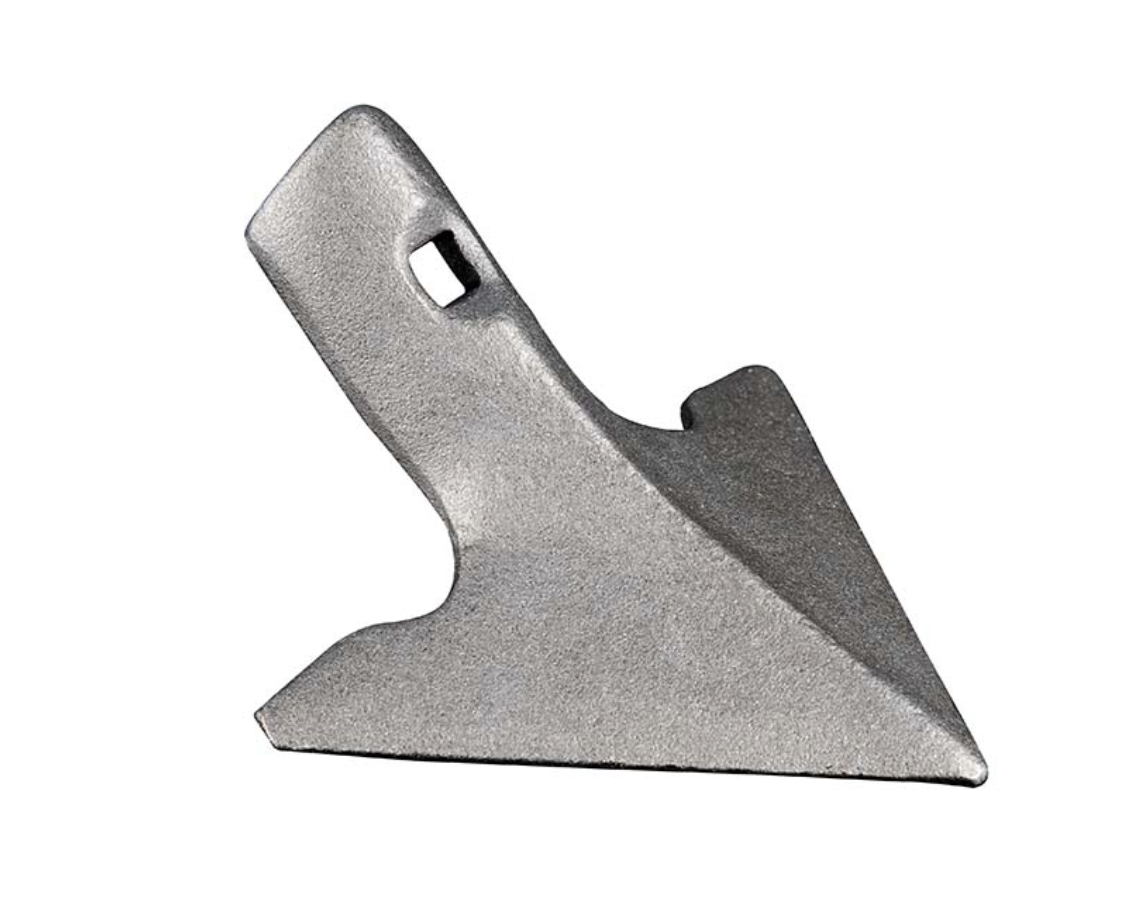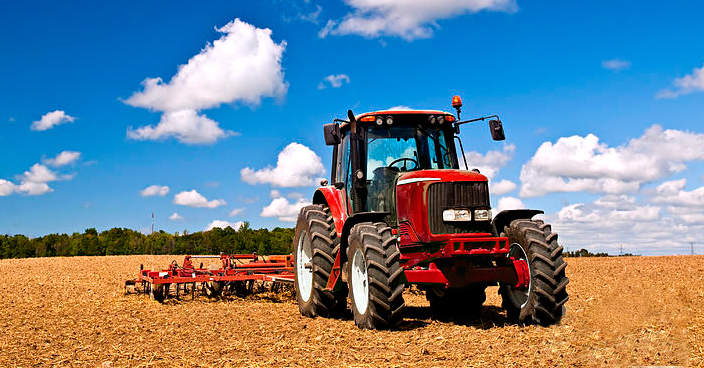Agricultural Machinery & Equipment

On this page
The agriculture sector heavily depends on a diverse array of specialized machinery and equipment to effectively cultivate crops, manage livestock, and perform various farming tasks. With such advantages as exceptional strength, durability and longevity, forged parts have played a pivotal role in the agricultural sector, bolstering the production of resilient and high-performing agricultural machinery and parts. These forged elements serve a wide array of purposes across different agricultural activities, ultimately elevating the industry's efficiency and dependability.
Forged components significantly extend the operational lifespan of agricultural machinery, providing the most dependable approach to equipment maintenance. A variety of forged parts commonly utilized in the agricultural sector include:
●Sprockets
●Spacer plates
●Yokes
●Chain links
●Gearbox components
●Combine fingers
●Shafts
●Spindles
●Flanges
●Tie-rod ends
●Wear bars
●Grain augers
●cultivator shanks
●Universal joints
●Spike harrow teeth
Forged components find diverse applications in various agricultural practices, enhancing the industry's productivity and reliability. Some key applications include:
1. Tillage Equipment: Forged components like plowshares, harrow discs, and cultivator tines are crucial for farming, possessing exceptional strength and wear resistance to endure abrasive, high-impact conditions during soil preparation and cultivation.
2. Tractor Components: Forging is employed to produce vital components such as gears, shafts, and axles for tractors and other agricultural machinery. Forged parts show high strength to effectively transmit power and endure field-related stresses.
3. Irrigation Systems: Forged components like sprinkler heads, pump shafts, and valve bodies are crucial for ensuring the efficiency and reliability of irrigation systems, where their strength and durability are vital for maintaining consistent water distribution in agriculture.
4. Fasteners and Connectors: To secure agricultural equipment, bolts, pins, and connectors are commonly forged to withstand the demanding conditions of the field. The fasteners' reliability is paramount for machinery's safe operation.
5. Crop Harvesting Equipment: Components found in harvesting machinery, like combine harvester blades, reaper bars, and sickles, are often forged to endure the rigorous demands of crop harvesting. These elements guarantee efficient and accurate crop harvesting.
2. Tractor Components: Forging is employed to produce vital components such as gears, shafts, and axles for tractors and other agricultural machinery. Forged parts show high strength to effectively transmit power and endure field-related stresses.
3. Irrigation Systems: Forged components like sprinkler heads, pump shafts, and valve bodies are crucial for ensuring the efficiency and reliability of irrigation systems, where their strength and durability are vital for maintaining consistent water distribution in agriculture.
4. Fasteners and Connectors: To secure agricultural equipment, bolts, pins, and connectors are commonly forged to withstand the demanding conditions of the field. The fasteners' reliability is paramount for machinery's safe operation.
5. Crop Harvesting Equipment: Components found in harvesting machinery, like combine harvester blades, reaper bars, and sickles, are often forged to endure the rigorous demands of crop harvesting. These elements guarantee efficient and accurate crop harvesting.
The utilization of forged parts in agriculture bolsters the industry's efficiency, durability, and productivity. Forging delivers the essential strength and endurance necessary to endure the challenging farming conditions, thereby contributing to the dependable and effective performance of agricultural machinery and equipment.

 Applications of Forged Parts in Agriculture
Applications of Forged Parts in Agriculture